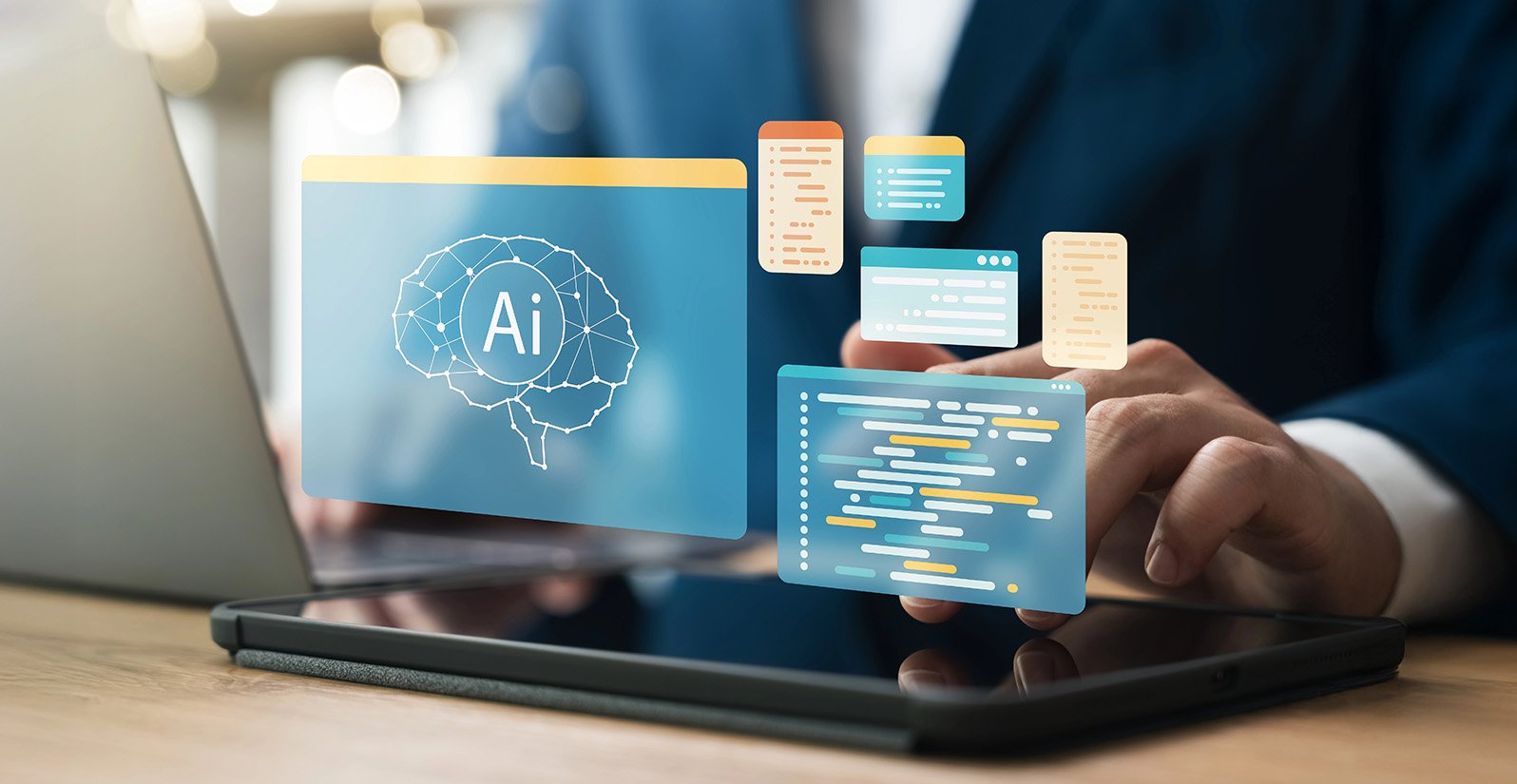Demystifying AI for Your Employees

Turning Uncertainty into Opportunity
Fear of the Unknown
Artificial Intelligence has become one of the most discussed topics in workplaces today. From chatbots to predictive analytics, automation tools, and workflow assistants, AI is changing the way we work and fast. But with this transformation comes uncertainty. Many employees worry that AI could replace their jobs or make their skills irrelevant. For business leaders and HR professionals, the challenge is to turn that fear into curiosity, and that uncertainty into empowerment. The key is education, transparency, and showing employees that AI is not here to replace them, but to help them work smarter.
The Root of Employee Anxiety
Whenever new technology changes the rules of work, fear is a natural response. Employees who have spent years mastering a process or routine may feel threatened when told that AI will “automate” part of their role. They might imagine job cuts or replacement by machines. In truth, most AI tools are designed to handle repetitive, low-impact tasks, freeing up human workers to focus on creative thinking, strategy, and innovation, the parts of work that technology cannot replicate.
However, to get employees to that understanding, companies must actively communicate and train. Leaving AI adoption unaddressed allows rumors and assumptions to spread, which only deepens anxiety. HR plays a vital role in bridging that gap, providing information, reassurance, and real-world examples of how AI can make work better, not worse.
Education as the Antidote to Fear
The most effective way to reduce fear is to promote understanding. HR departments can lead the effort by introducing learning sessions, workshops, and accessible training that explains what AI really does within the organization. MMC HR’s employee training programs are designed to make this process seamless, helping companies educate teams on new technologies while improving compliance and engagement.
This education should focus on showing how AI supports rather than replaces people. For instance, AI can automate time-consuming administrative work, like scheduling interviews, tracking employee hours, or sorting applicant resumes, allowing HR teams to spend more time on meaningful human interactions.
Empowering Through Involvement
Employees who feel included in the process of AI integration are far more likely to embrace it. HR can facilitate this by inviting feedback, listening to concerns, and letting employees test new tools early on. When workers see their input shaping how technology is implemented, they feel ownership instead of displacement. This approach builds trust and transforms skepticism into engagement.
Moreover, HR should communicate that the company’s goal is to enhance, not reduce, the workforce. By positioning AI as a resource that supports employees, helping them develop new skills, take on higher-level responsibilities, or explore creative projects, businesses can reinforce a sense of shared progress rather than competition with machines.
AI as a Partner in Growth
AI is at its best when paired with human intuition, creativity, and empathy. It can process information and automate patterns, but it cannot innovate, lead, or build relationships. When used thoughtfully, AI removes the mundane obstacles that slow people down. Imagine HR teams who no longer need to manually track vacation balances or calculate overtime. With time and labor management tools, employees and managers can focus on improving productivity, not paperwork.
That is the real value of AI, it gives humans back their time and energy for higher-impact work.
HR’s Role in Building Confidence and Capability
HR professionals are uniquely positioned to guide this transition. Beyond training, they can develop policies that clarify how AI is used and how employee data is protected. They can ensure that AI adoption aligns with company culture and values. Most importantly, they can identify opportunities for employees to upskill. Offering courses in data literacy, digital tools, or AI basics helps workers feel equipped for the future rather than intimidated by it.
Outsourced HR partners, like MMC HR, can further strengthen this process. With access to outsourcing HR and payroll solutions, companies can integrate AI responsibly while maintaining the human touch employees need. MMC HR ensures that automation enhances efficiency while preserving compliance, communication, and care, the very things that build trust.
If you’re wondering how software fits into this picture, remember that software vs. outsourcing in HR are not the same thing. The right technology only works when guided by experienced HR professionals.
From Fear to Future
AI is not the enemy of the modern worker. It is a catalyst for change, an opportunity to eliminate repetitive work and elevate human potential. When businesses invest in education and communication, employees can see that AI is a tool for growth, not a threat to their livelihood. HR’s role is to guide that understanding, turning anxiety into enthusiasm and uncertainty into confidence. By demystifying AI and putting people first, companies can harness innovation without losing what makes them human. For more answers on HR best practices and automation, visit MMC HR’s HR questions answered.
